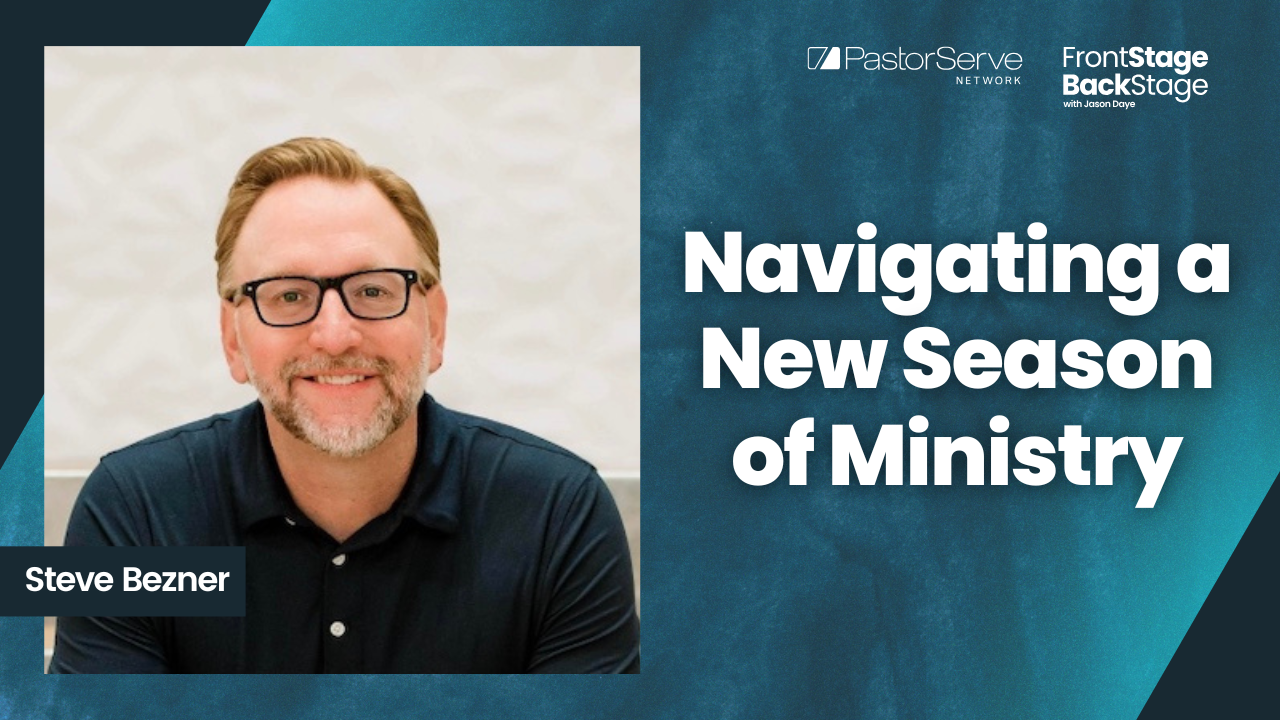In this week’s conversation on FrontStage BackStage, host Jason Daye is joined by Steve Macchia. Steve is the president and founder of Leadership Transformations. He’s a best-selling author. He’s written a number of books, including Becoming a Healthy Church, Becoming a Healthy Disciple, and Becoming a Healthy Team.
Looking to dig more deeply into this topic and conversation? Every week, we go the extra mile and create a free toolkit so you and your ministry team can dive deeper into the topic that is discussed. Find your Weekly Toolkit below… Love well, Live well, Lead well!
Connect with this week’s Guest, Steve Macchia

Additional Resources
www.stevemacchia.com – Learn more about Steve’s ministry by visiting his website, exploring his books, tuning into his podcast, inviting him to speak, and finding faith-building tools to strengthen your walk with God.
Becoming a Healthy Team: Five Traits of Vital Leadership – In his book, Steve discusses the characteristics that produce intimacy, authenticity, and effectiveness in a team and lead to the team’s vitality. With biblical guidance throughout and questions for reflection at the end of each chapter, Steve has created a valuable team-building resource perfect for pastors, ministry leaders, and anyone involved in a leadership role.
www.leadershiptransformations.org – We exist to cultivate vibrant spirituality and attentive discernment in Christian leaders and their teams.




Right-click, then select “Save Image As…” to download one of the social graphics.